
Horror is a tactic as much as a genre; it's a way to face or examine something real by pushing the viewer to extremes. I used to be frightened of horror movies until I saw one, and then I couldn't get enough of them. But what struck me most about the films and books I adored was that the horror element was usually only a small portion of what made the plot unique. The best horror films are concerned with more than just scares, and they find a way to use the scares to explore whatever it is that they are concerned with.
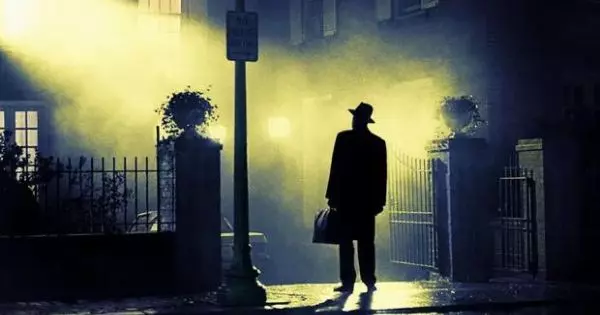
Via Google
I wanted to take the viewer on a visceral, pulp-infused thrill ride with The Hunted, but I also wanted to make a statement about Australia, masculinity, and terror. Others will have to judge if I succeeded in any of those endeavors, but here are ten of the books that most inspired me, horror stories that, in many ways, revolutionized the genre by being far more than merely bumps in the night.

Red Dragon by Thomas Harris
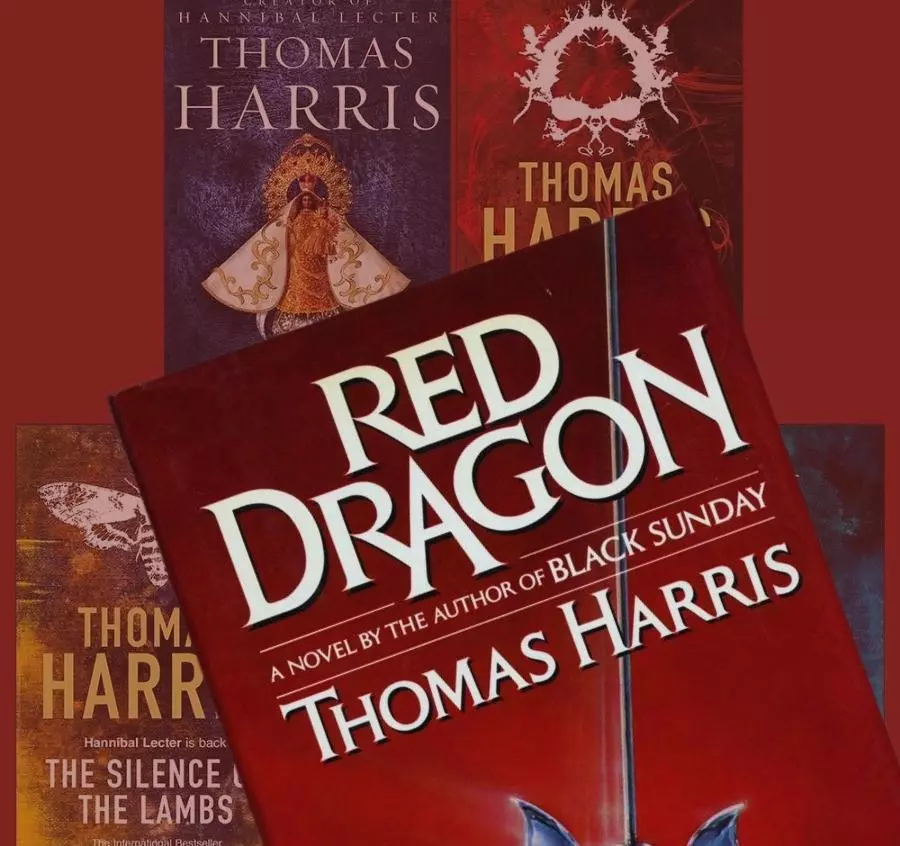
Via Google
The Silence of the Lambs gets all the publicity, but the best Hannibal Lecter novel is still the first; a tale that indicates that heroes can contain something hideous within them. On some level, every Lecter story contains an implicit Faustian bargain, and none is more tragic than FBI criminal profiler Will Graham's conscious decision to sacrifice his frail mental health in order to stop a killer he knows all too well.

The Picture of Dorian Gray by Oscar Wilde
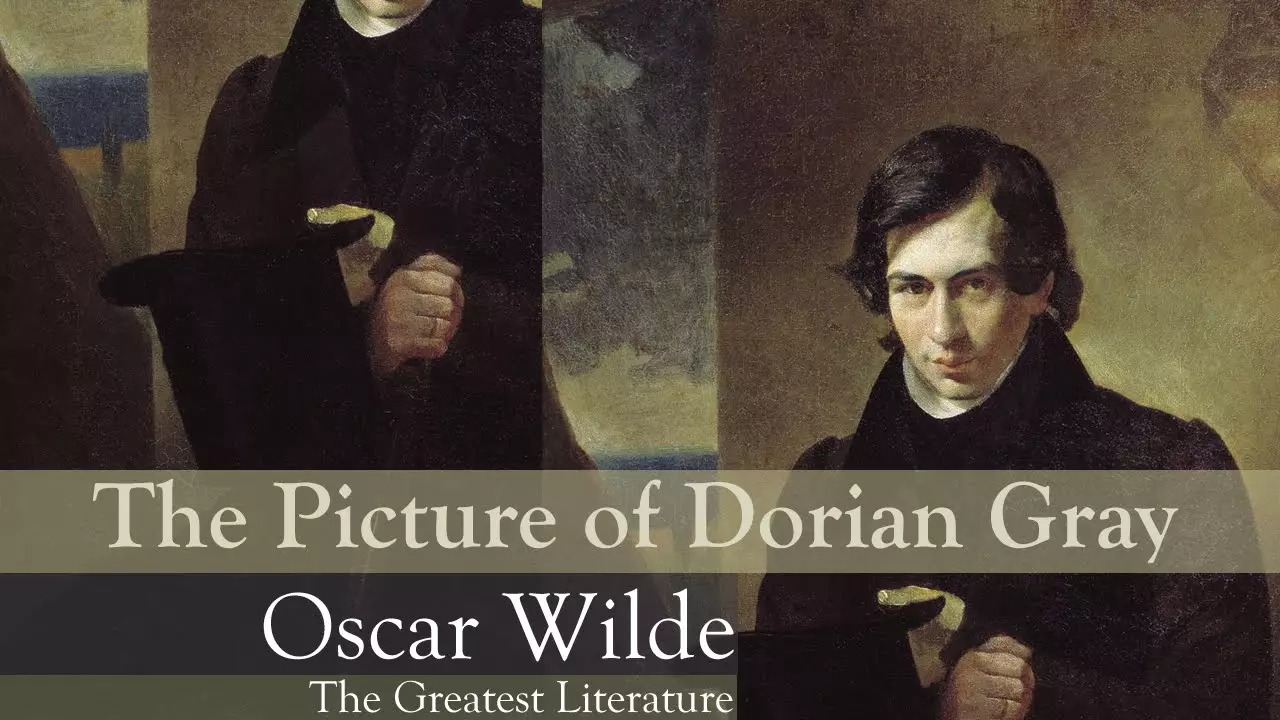
Via Google
In Oscar Wilde's first and only work, there are no true antagonists. Our potential for vanity and how it can literally and metaphorically disfigure us, how concern with maintaining beauty will inevitably lead to its destruction, is the hidden danger of this book. Even Dorian, Wilde's principal villain, is more sad idiot than scheming mastermind, a young dope possessed by a compulsive idea that beauty at any cost is the only thing worth having. It would almost be humorous if his descent wasn't so terrifyingly plausible.
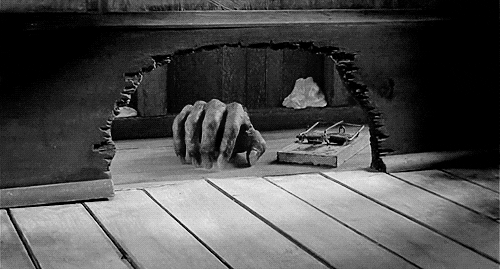
Via Giphy

Horns by Joe Hill
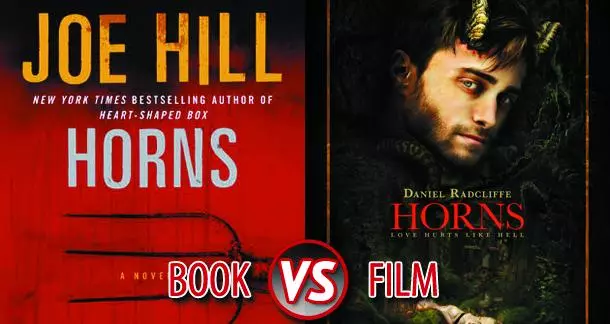
Via Google
Sometimes horror, even at its darkest, is the window dressing for something more tender. That’s the case with the unique and entirely enrapturing Horns, a book that starts out as a twisted revenge story before slowly becoming something more sprawling, knotty, and ultimately hopeful. Horns is by turns a gothic romance, a murder mystery, a supernatural thriller and a biting satire on how quick we can be to judge despite the darkness we all harbour.

The Exorcist by William Peter Blatty
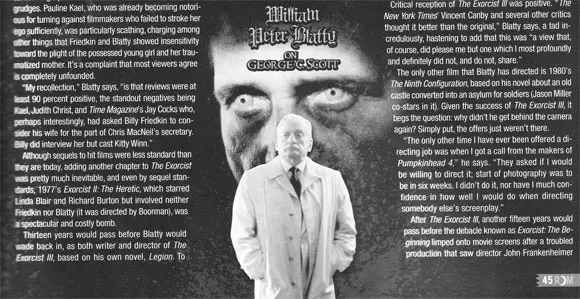
Via Google
Often, the best horror stories are those that trust in the basic triumph of virtue despite all the death, jump scares, and creepiness. The fact that The Exorcist has long been regarded as one of the most horrific novels ever is due in large part to how strongly we are made to feel about the tragic condition of its primary characters, and how meticulously each of them is described. The evil they fight is vast and overwhelming, yet it is not insurmountable in the end, and much of the book's (and film's) power derives from a tiny group's ultimate hard-won victory for an innocent child.

Ring by Koji Suzuki, translated by Robert B Rohmer and Glynne Walley
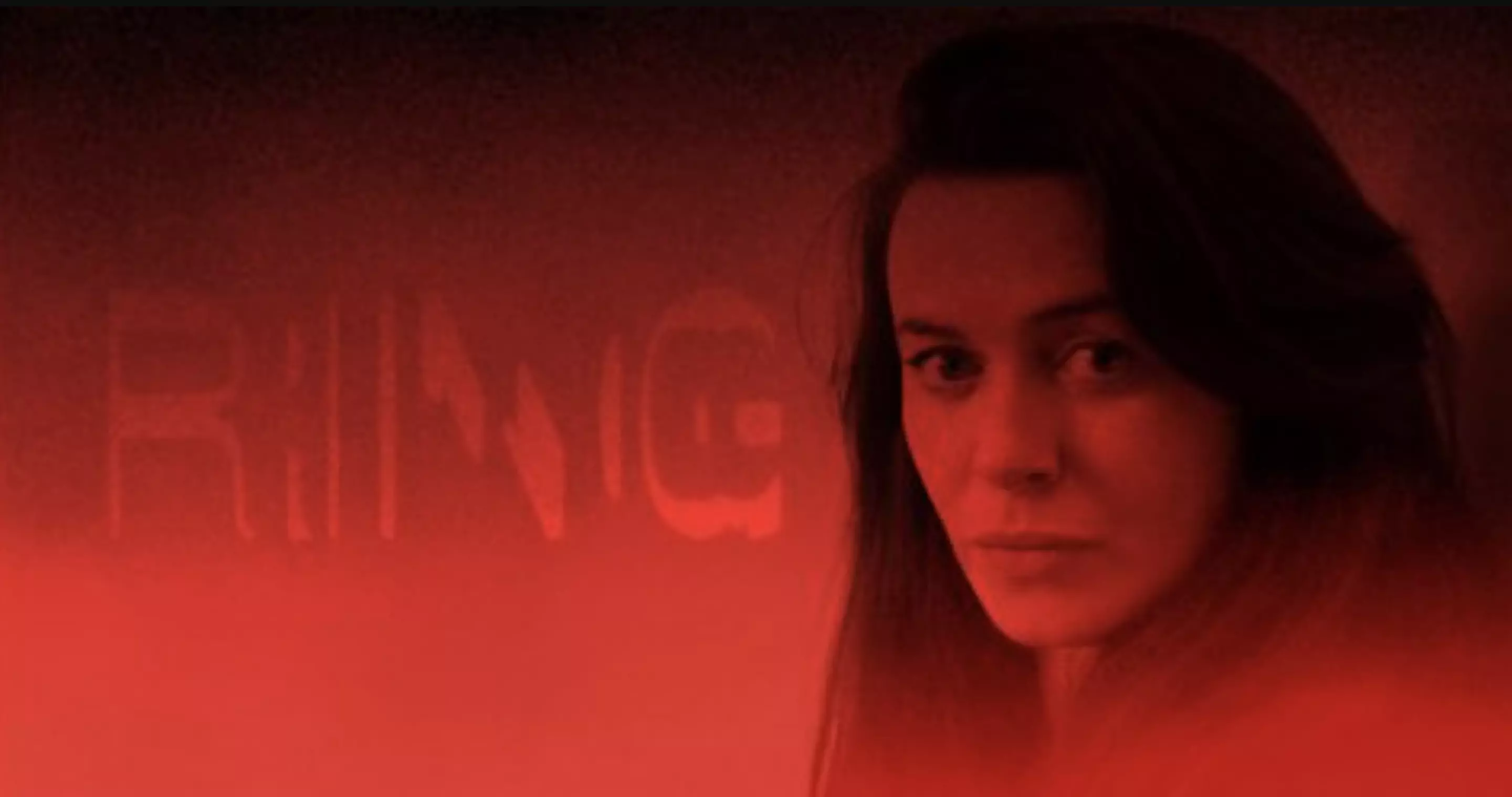
Via Google
Successive film adaptations have not managed to capture the true power of this relatively demure tale of a cursed videotape, a chilling and all too human story of coming to understand your own insignificance in the face of forces beyond your comprehension. While Ring is a classic, it’s in its two sequels that Suzuki revealed the scope of his ambition, organically building on his horror fable to craft something far more epic and transcendent than any filmed version has yet realized.

Psycho by Robert Bloch
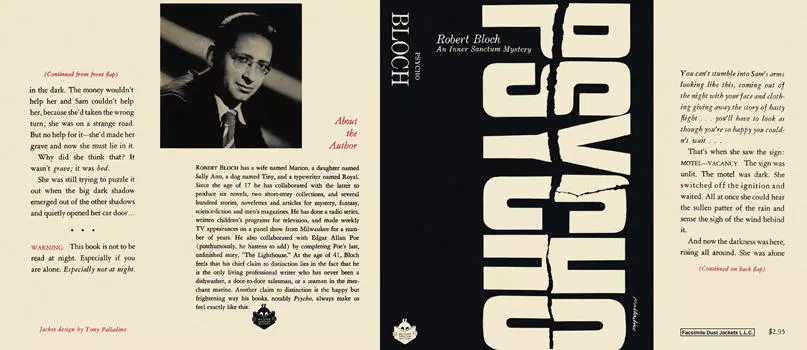
Via Google
To be clear, the film is superior to Jaws, with Hitchcock employing a series of ingenious changes to find new ways to manipulate the audience by making them care. But everything that made Psycho such a cultural touchstone originated in Bloch's novel: the shower scene, the mansion on the hill, the surprise ending, and the pervasive sense of gothic dread. The joyous violation of conventions that Hitchcock is credited with began with this novel, and horror – and cinema – would not be the same without it.

The Passage by Justin Cronin
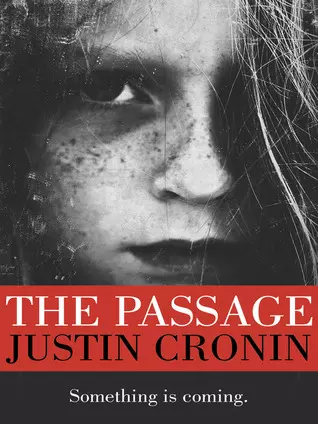
Via Google
Justin Cronin's epic vampire saga is a sprawling tale of love, loss, and societies destroyed, rebuilt, and destroyed again, centered not only on characters we could care about, but also on a slowly growing sense of insidious evil whispering from the shadows, a terror so unknowable that once it was explained, it lost a little menace. But, like the best horror authors, Cronin exploits that inevitability to make his point – that evil frequently arises from a source that is a little more understandable than we wish to confront. The entire trilogy is wonderful, but the first will always be the finest because of its unique atmosphere of building dread.

Misery by Stephen King
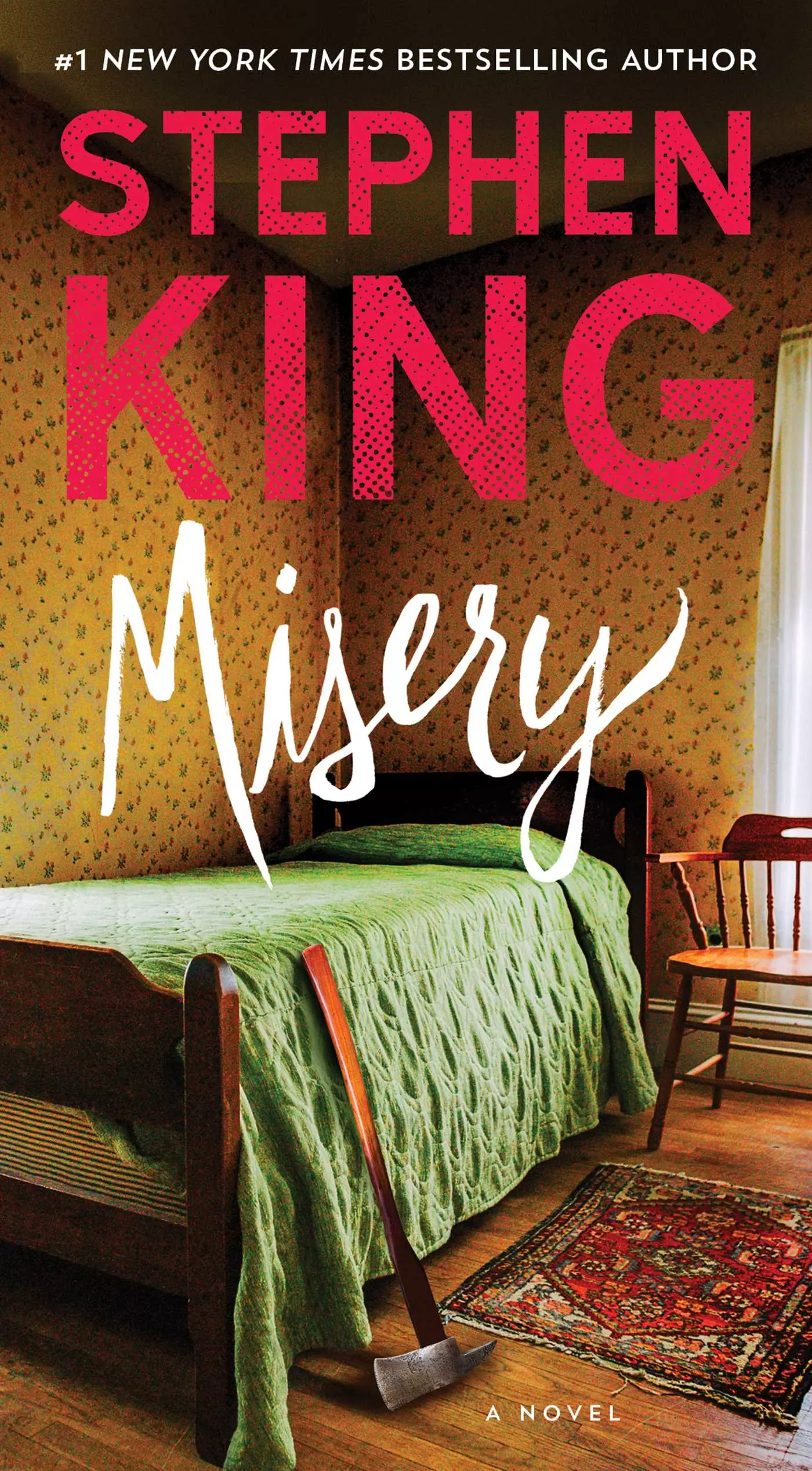
Via Google
Misery is a book full with an irresistible mix of rage, sadness, and catharsis, written by an author who tried to move away from horror only to find that his large fanbase wouldn't accept it. Cue the story of a writer who is taken prisoner by a fan who tortures him into writing what she wants, allowing the writer to slowly realize that the genre he was so determined to leave may be the only one that is right for him. It's a deeply personal and ambiguous book that's also one of the best examinations of the highs and lows of creativity ever written.
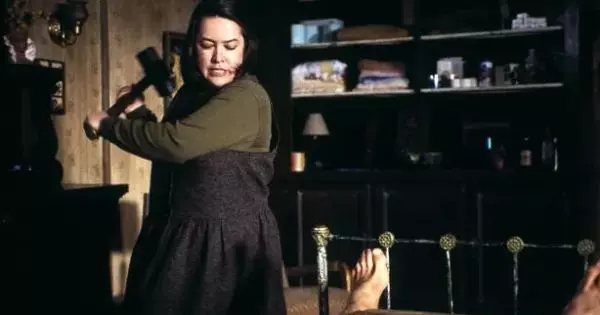
Via Google

From Hell by Alan Moore and Eddie Campbell
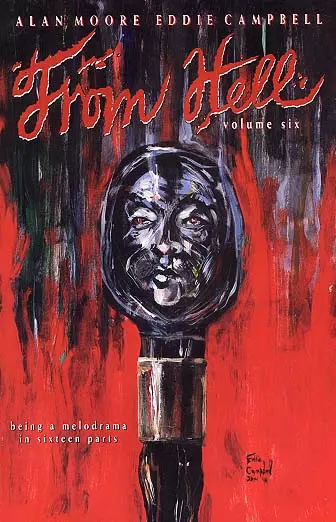
Via Google
I don’t know whether it’s cheating to include a graphic novel on this list, but this is a horror masterpiece unlike anything else I’ve ever read, a sprawling, phonebook-heavy exploration of not just the Jack the Ripper murders, but the society that allowed them to happen. Unflinching and harsh, grim and deliberate, the book is an almost forensic dissection of Victorian England, suggesting that the motives for the murders, caused by a collision of dogma, classism and puritanical propriety, were the inevitable result of the true human horrors that made up a seemingly polite society.

In the Woods by Tana French
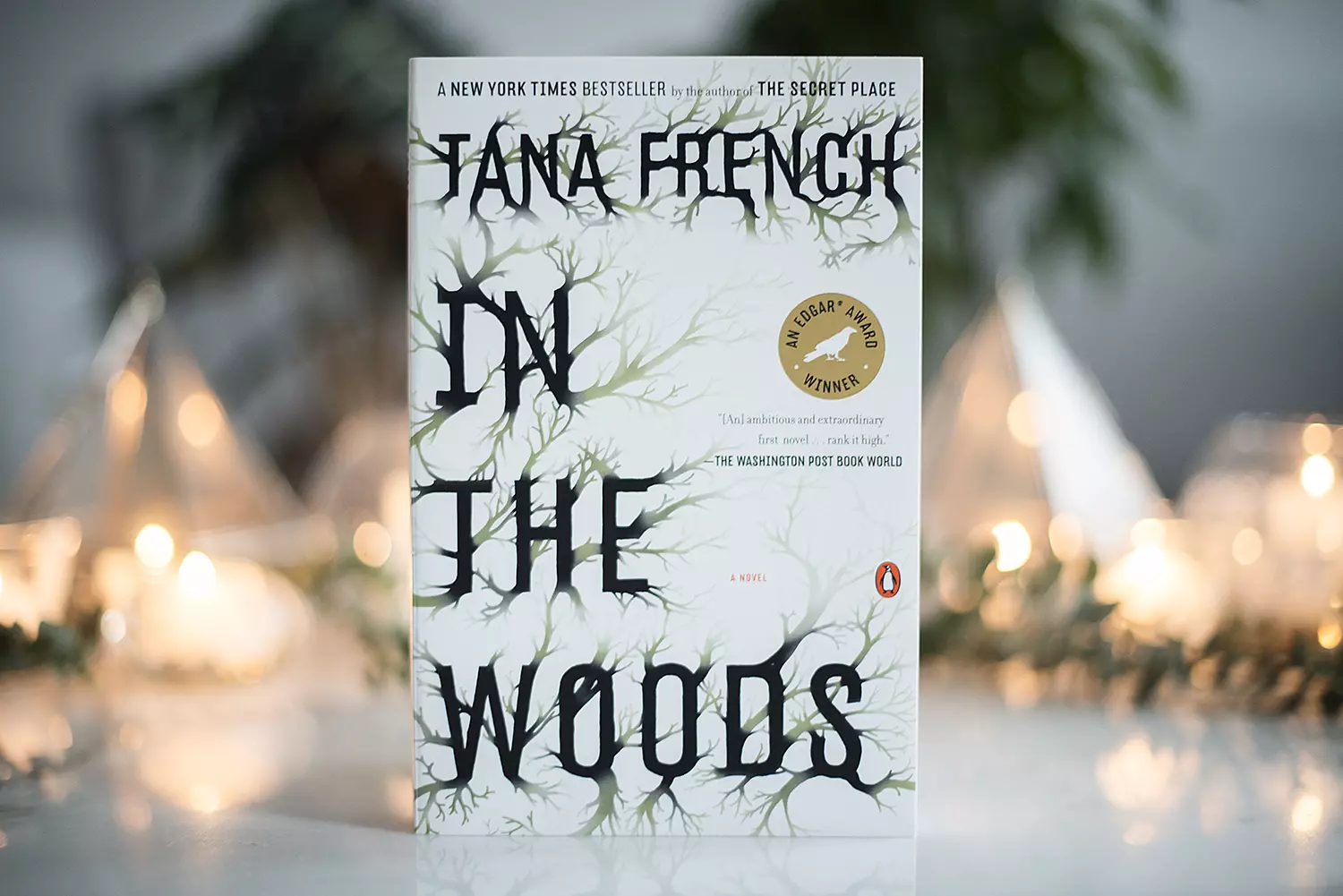
Via Google
This isn't horror, at least not in the sense that it's sold in bookstores. But it's also not a classic crime story or literary character study, in my opinion. In the Woods uses the structure of a whodunit to craft one of the most haunting explorations of fear I've ever read, including the only written scene that has ever made me jump, a scene so infused with the force of an unshakable nightmare that it transforms the book around it, leaving readers with the sense that some evils can never be fully comprehended and some trauma is too great to move on from. I don't know what does if that doesn't embody horror at its most evocative.
RECOMMEND ARTICLES

Taking Birth Control - A Thing You Mustn’t Neglect

10 Hidden Details We All Completely Missed In The Harry Potter Movies

6 Teeny-Tiny Details In Frozen 2 That You May Have Missed Are Just Absolutely Splendid

Boston Rob Is Back And Better Than Ever In Survivor: Winners At War

7 Times Disney Recycled Its Classic Animation Scenes

Everything We Know About Baby Yoda In The Mandalorian

Why Elsa In Frozen Has Powers Yet Anna Does Not

Unbelievable Truths You Should Know About The White Queen

Met Gala 2021 Fashion Moments - Best And Worst Dressed

Halfway Through 2022, I Can't Believe You Haven't Seen These Big Hit Movies!
Most Read

Top 5 Best Romantic Movies Of 2019 To Watch

Netflix's The Witcher Season 1 Ending Explained

8 Essential Stages In Your Child's Life That Every Parent Needs To Know

Your 411 On All Ways To Keep Your Baby Protected From Viruses, Bacteria And Illnesses

The Top 10 Disney Songs That Still Give Us Chills

10 Movie Myths About Survival That Are Likely To Kill You



